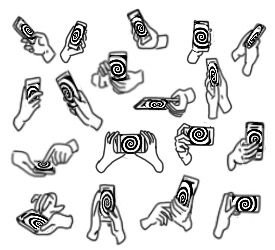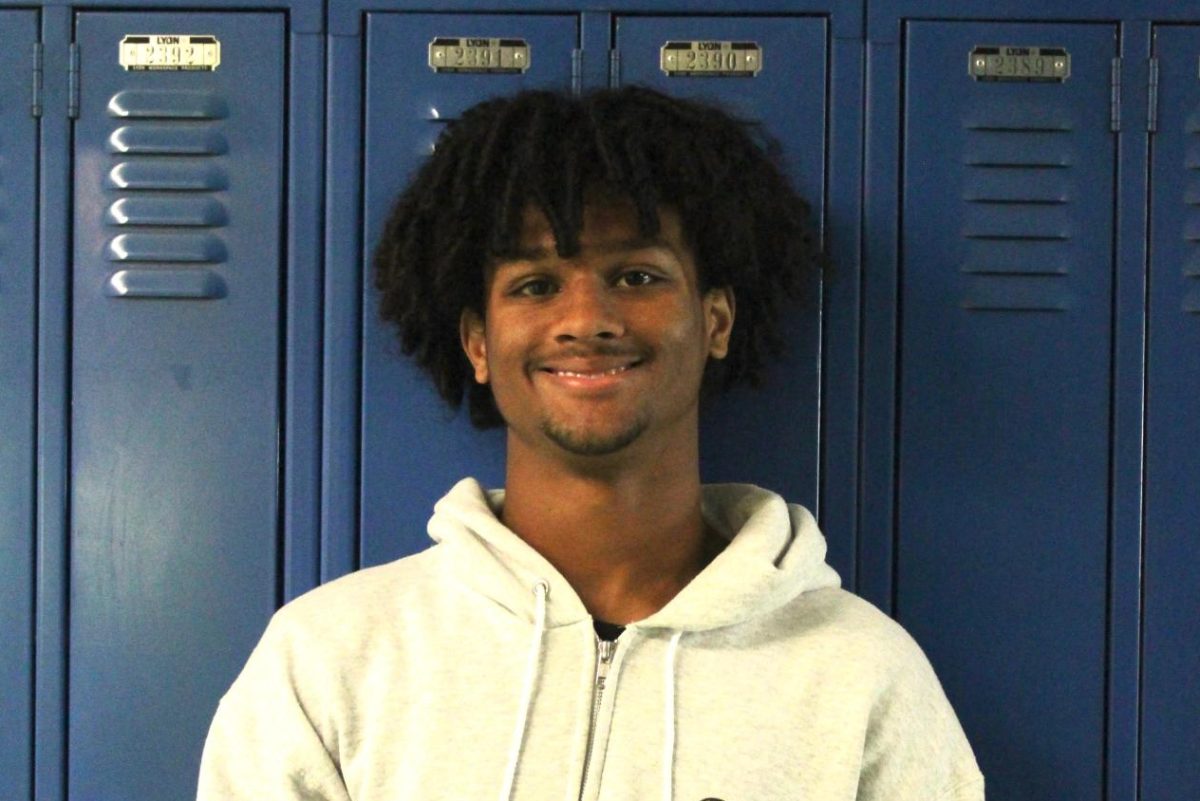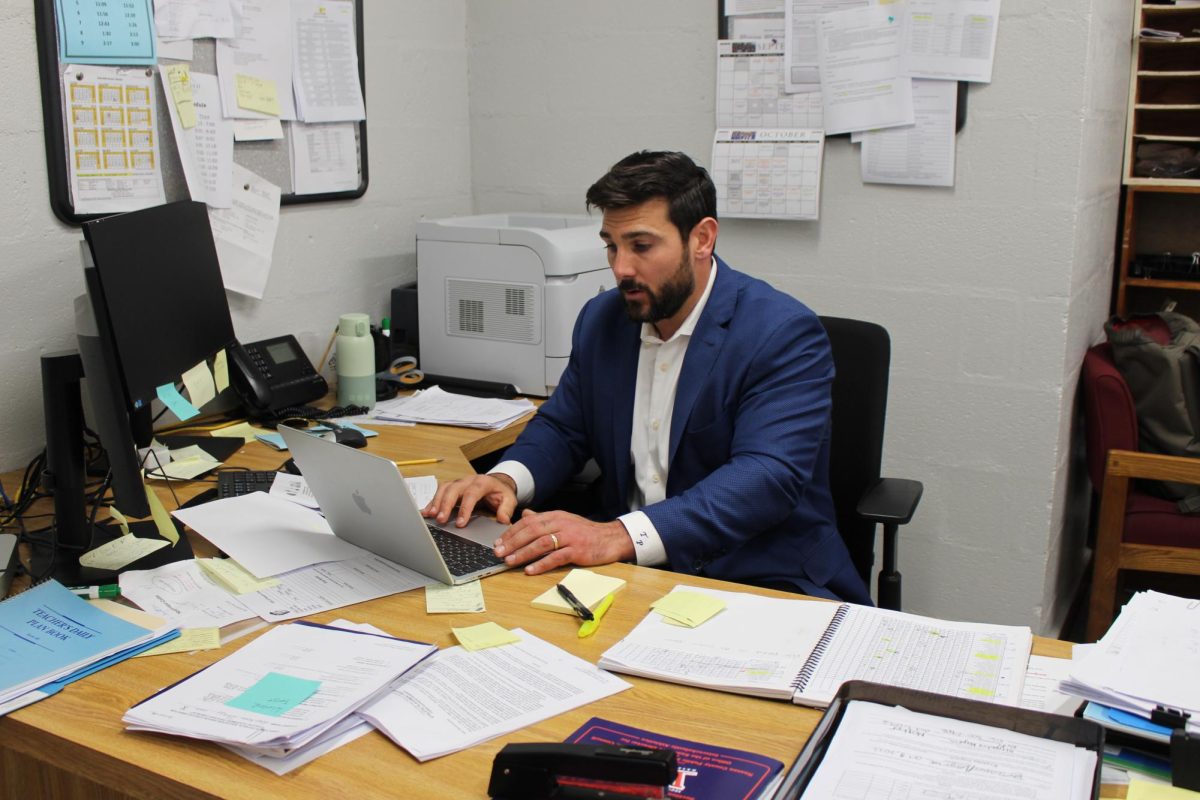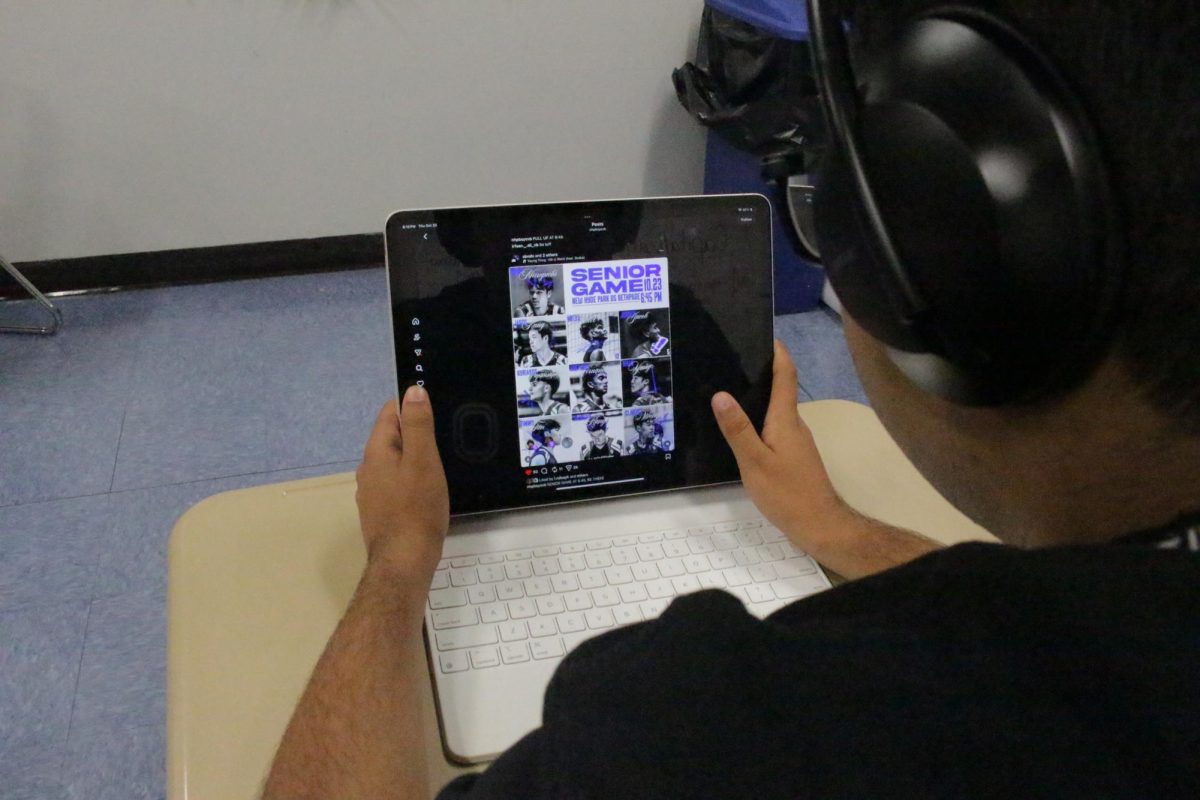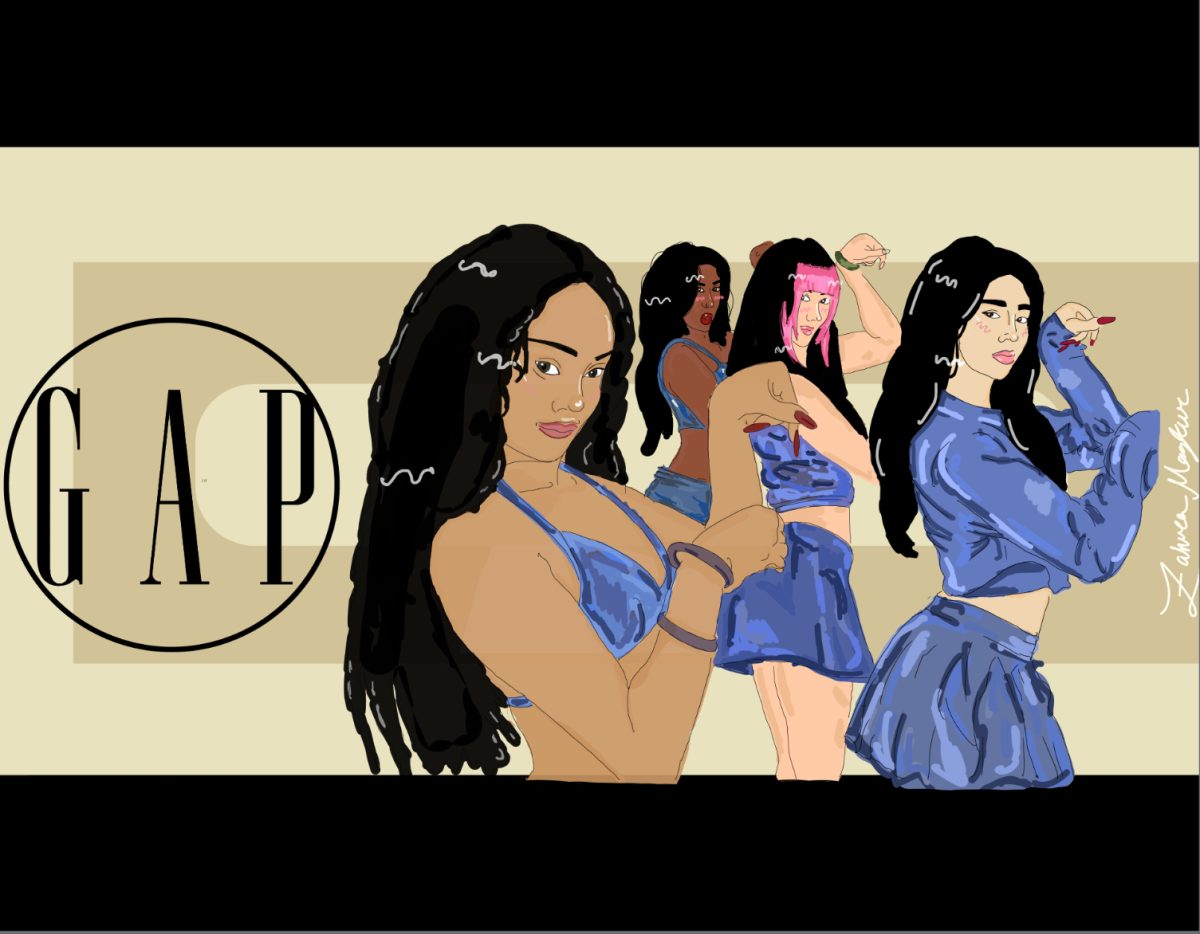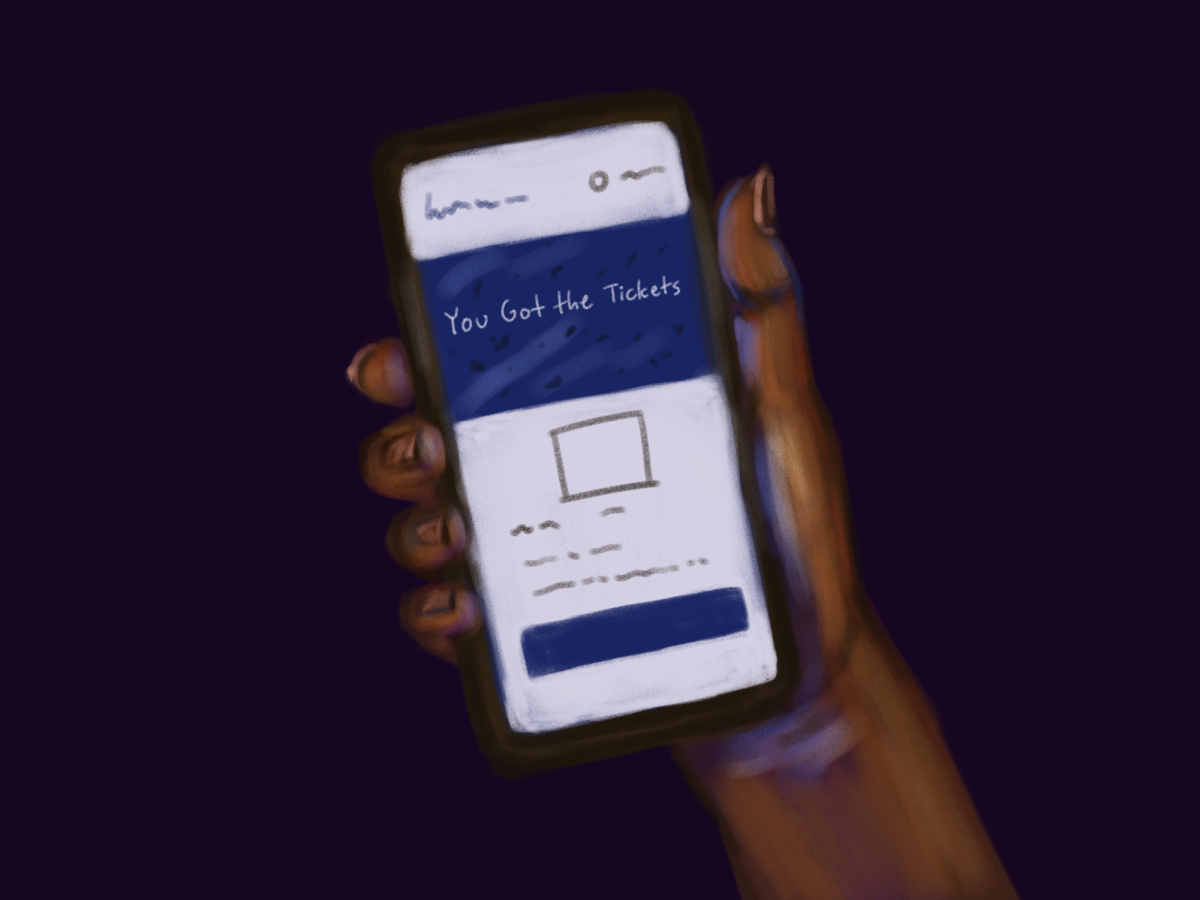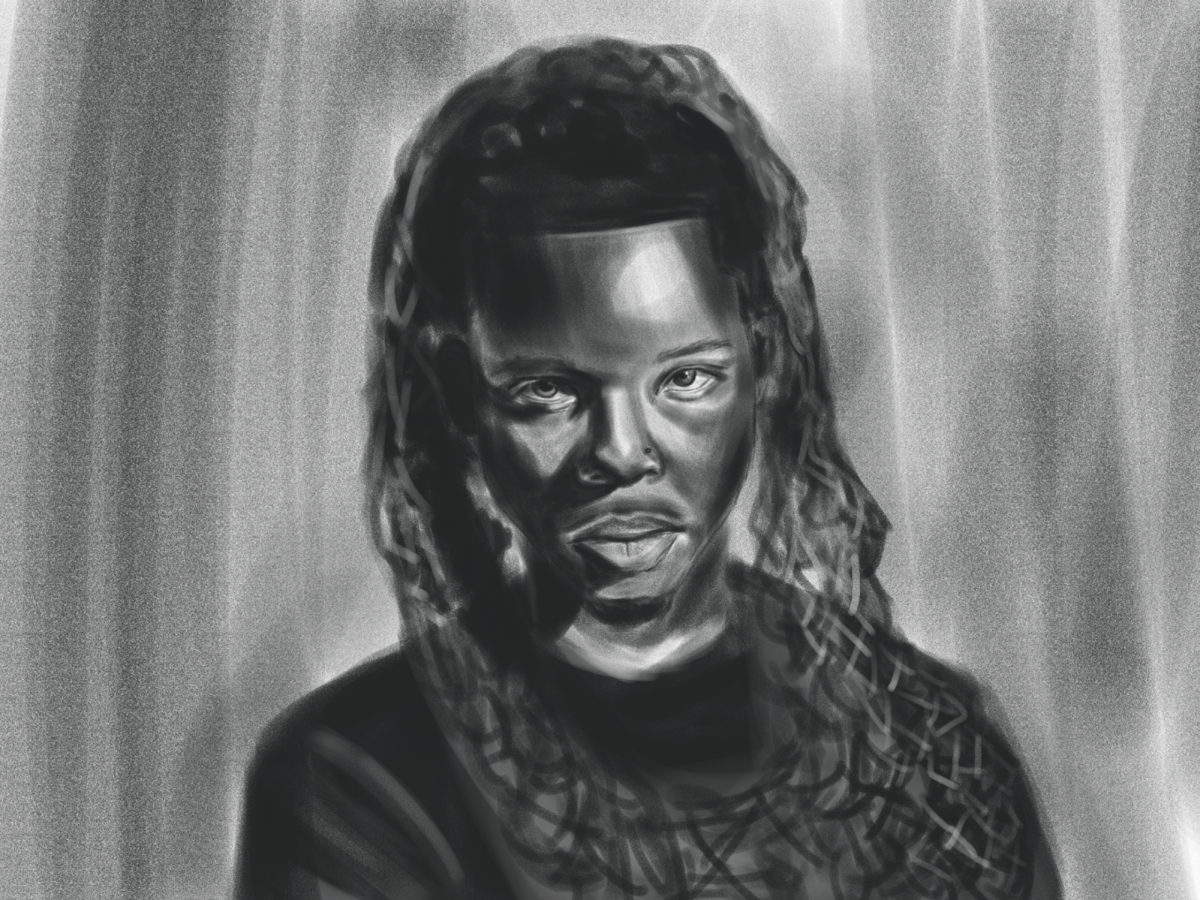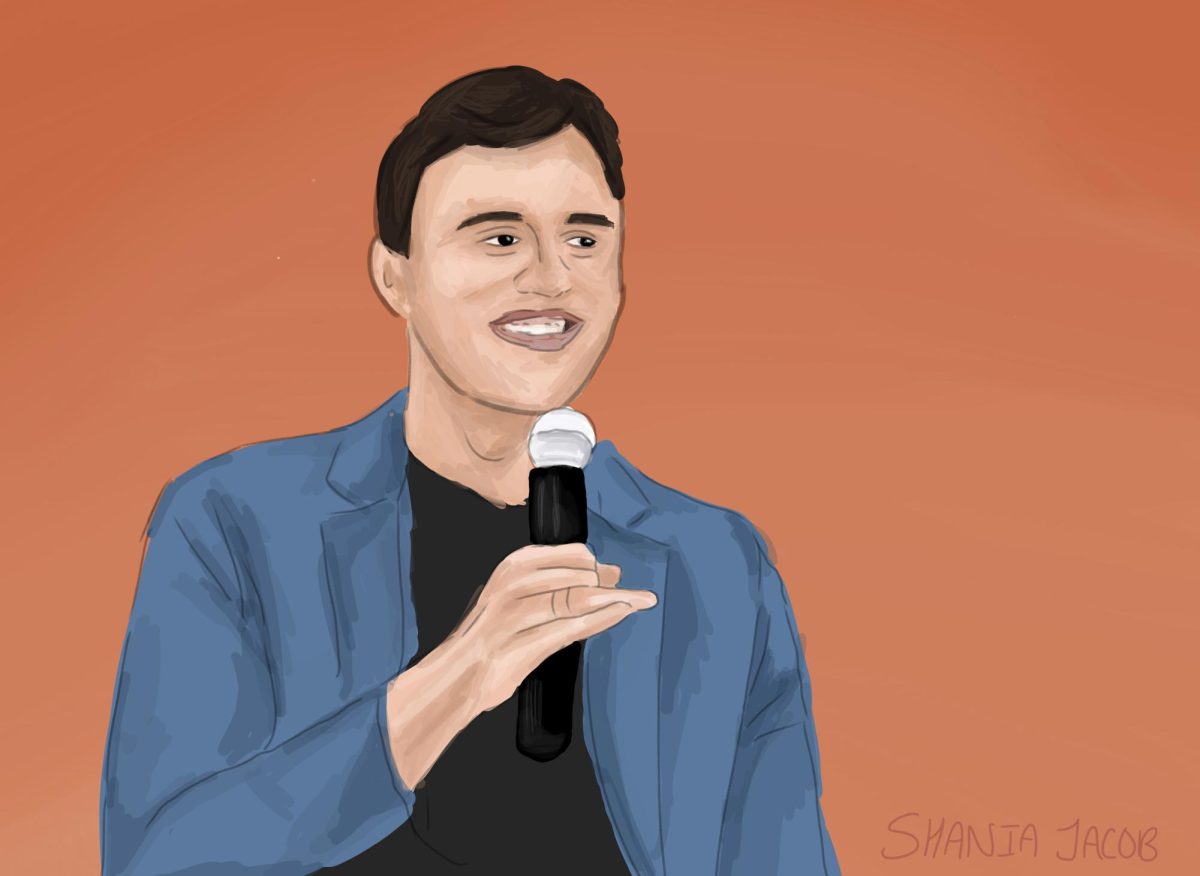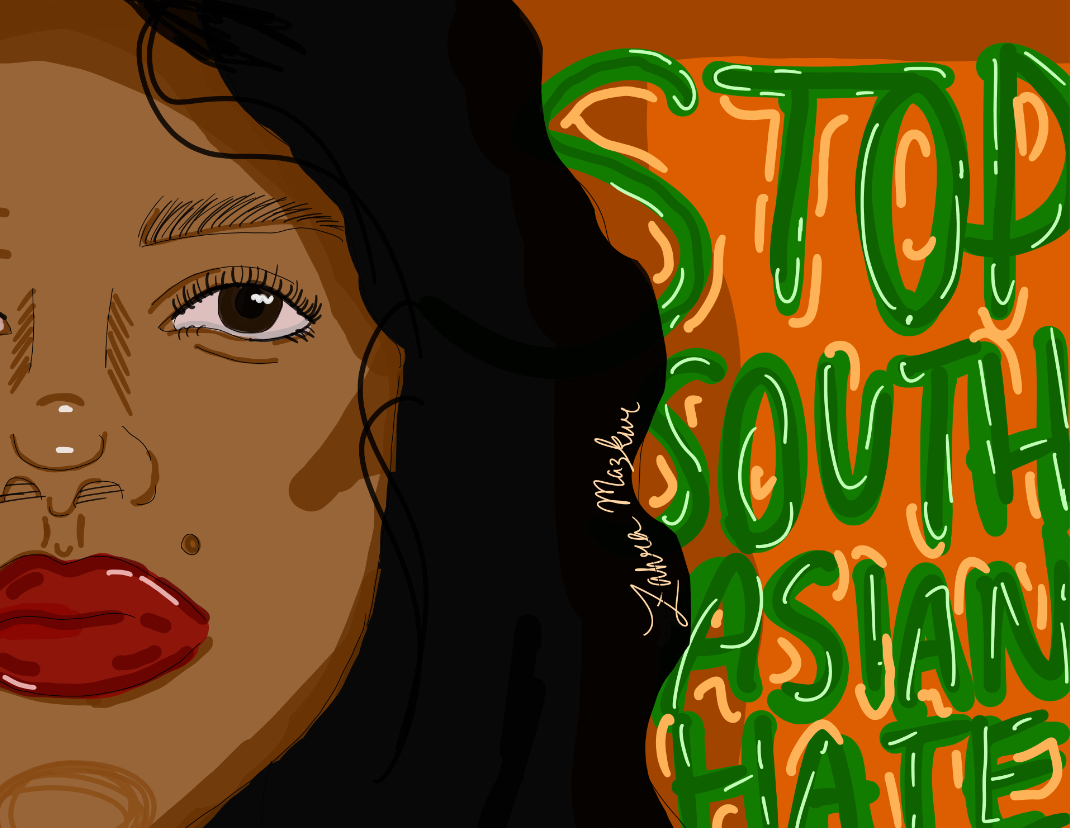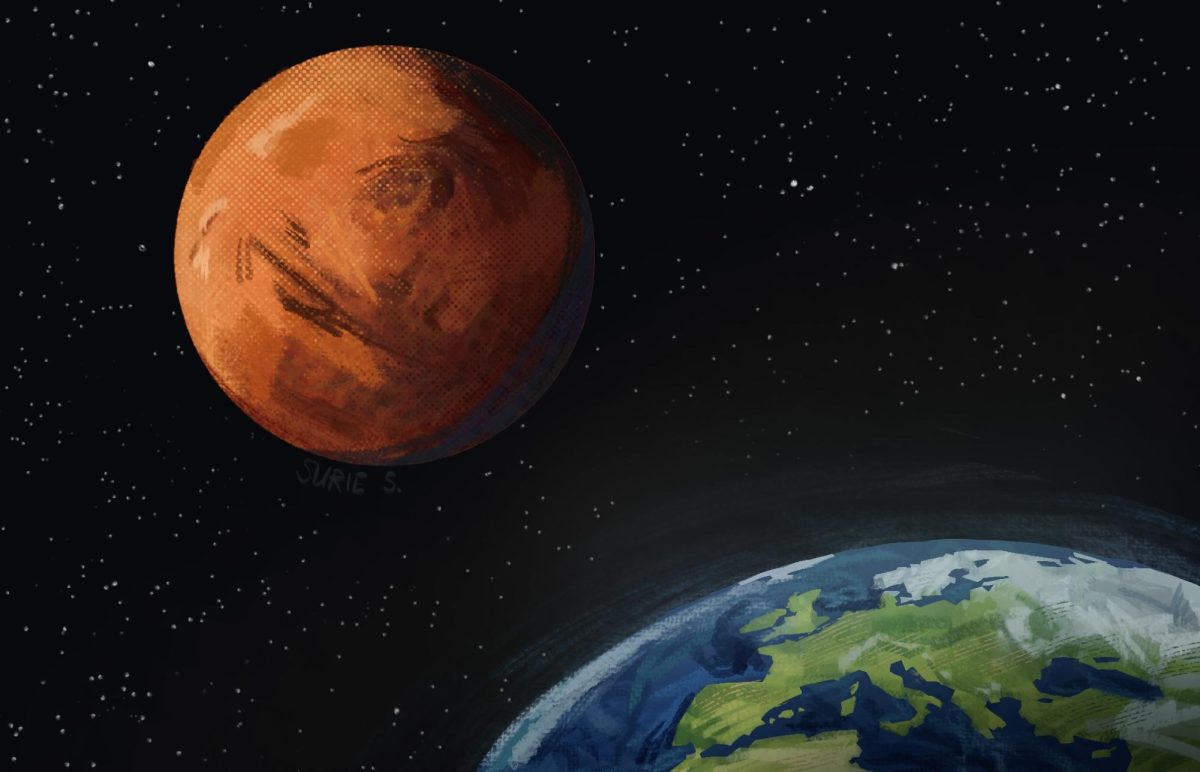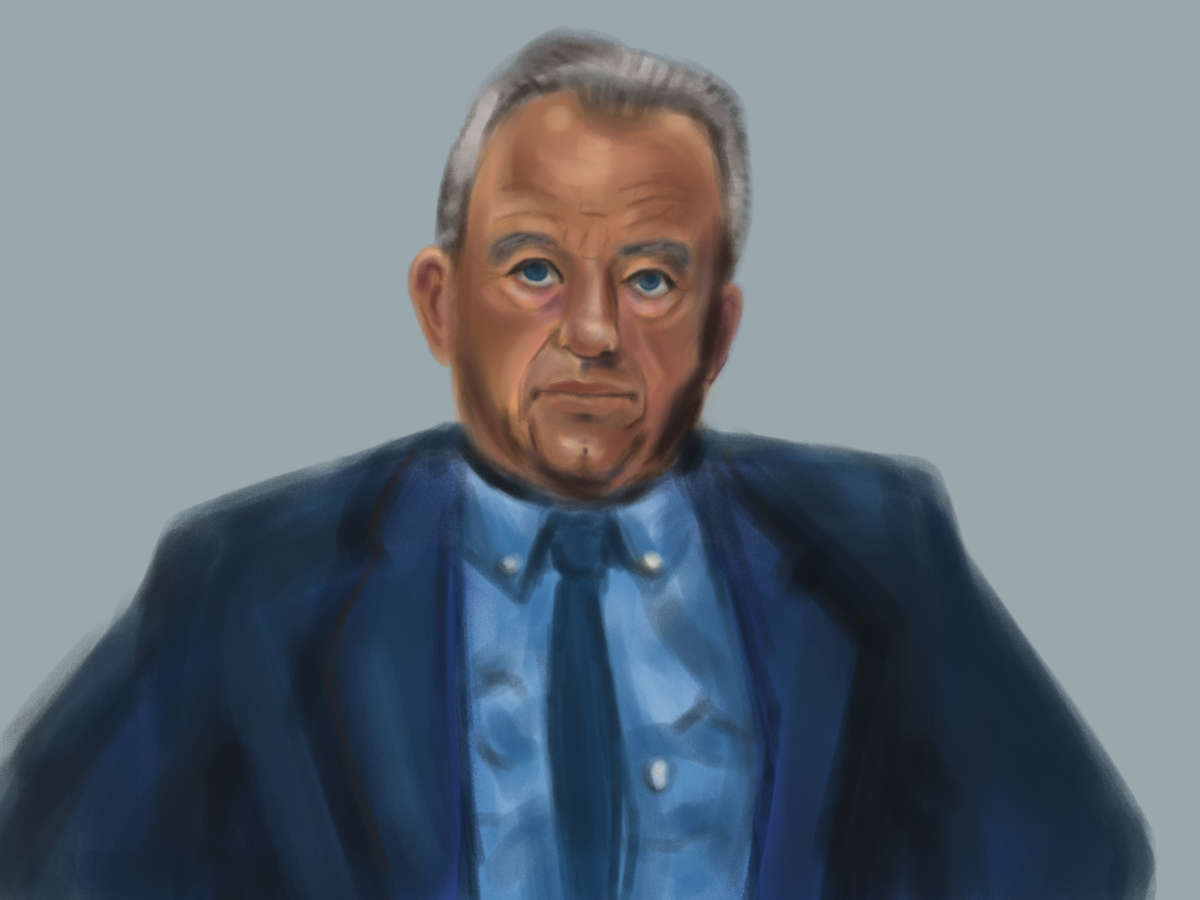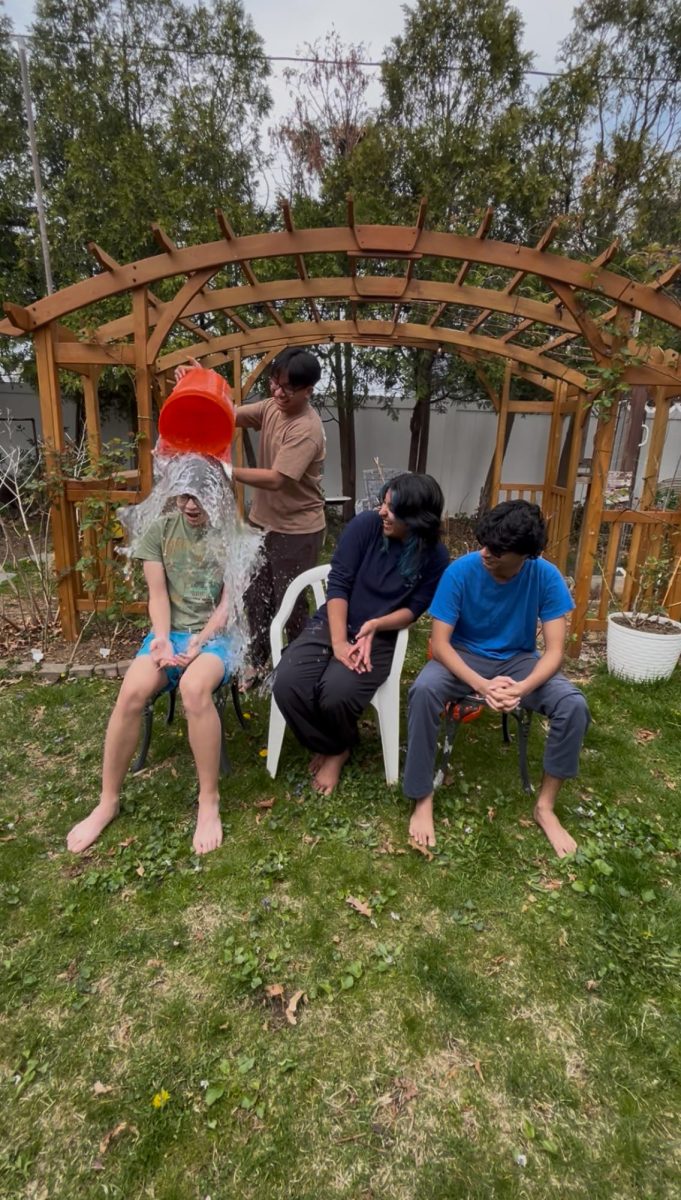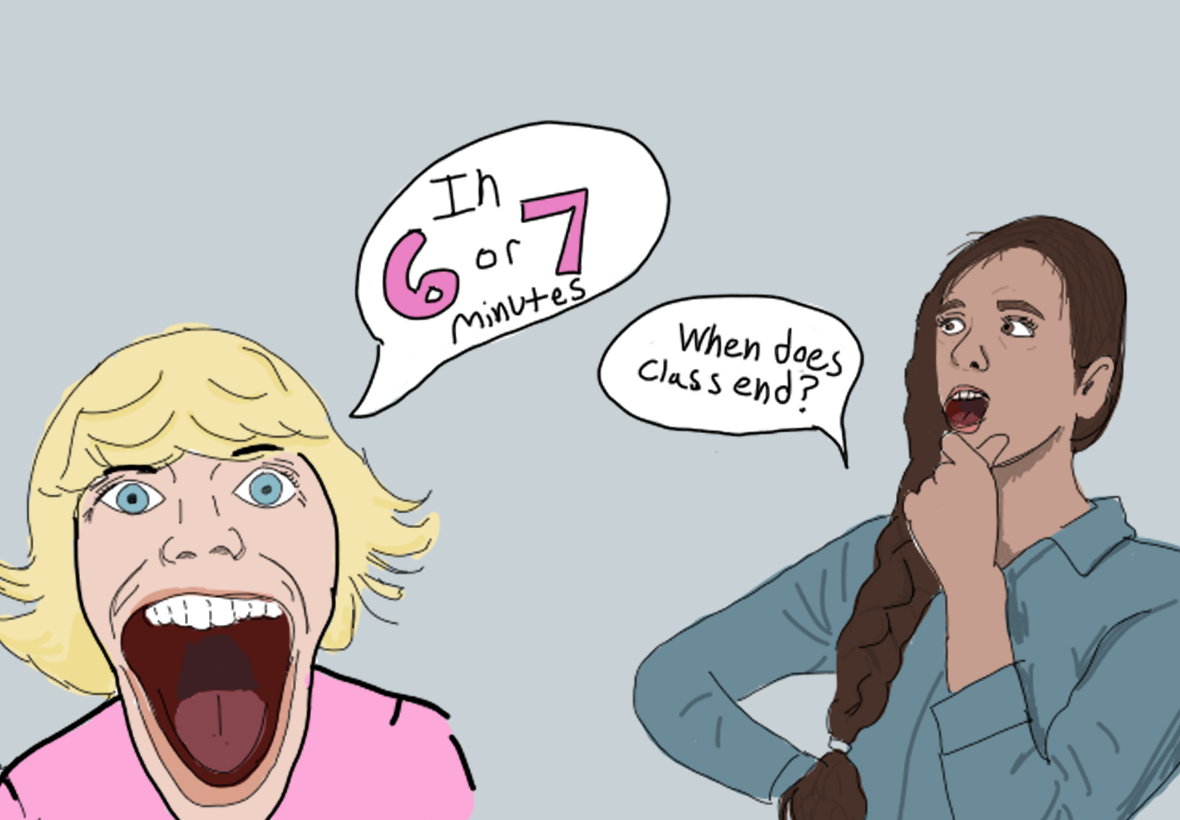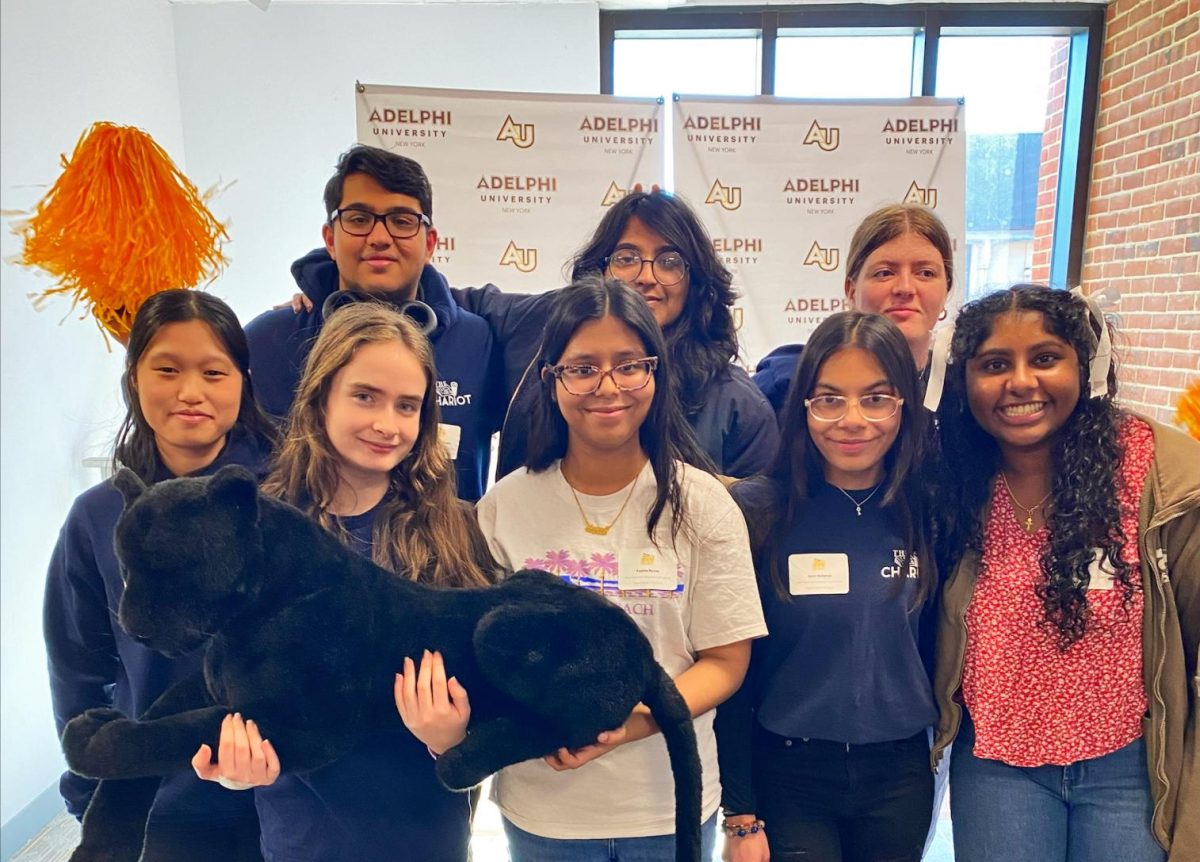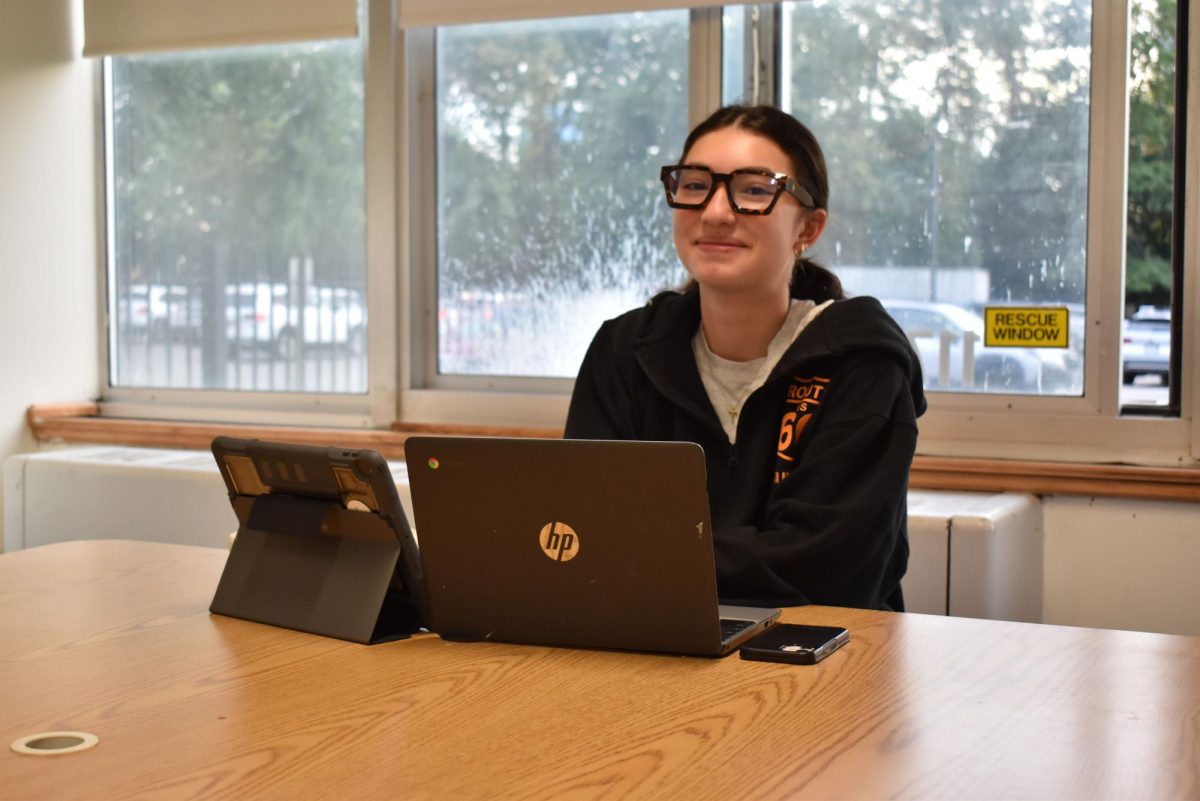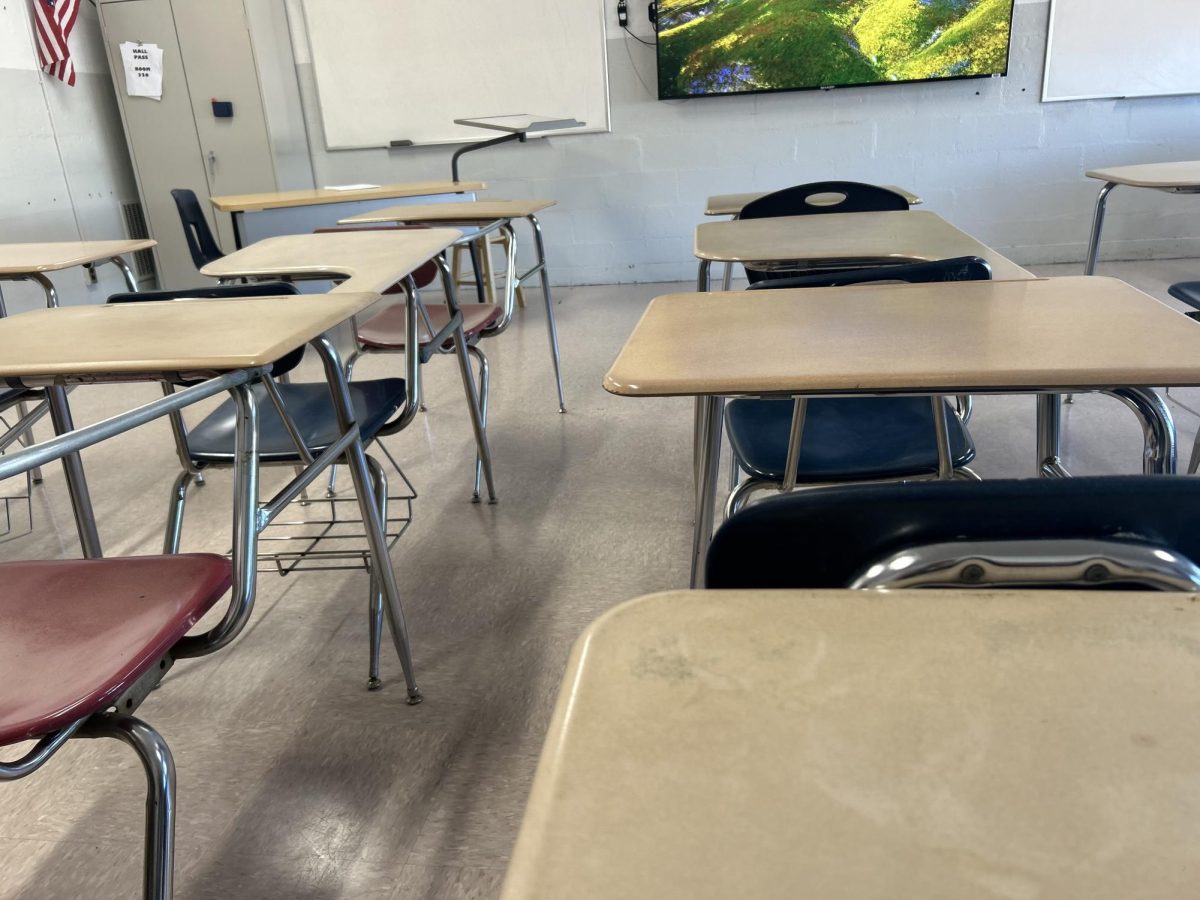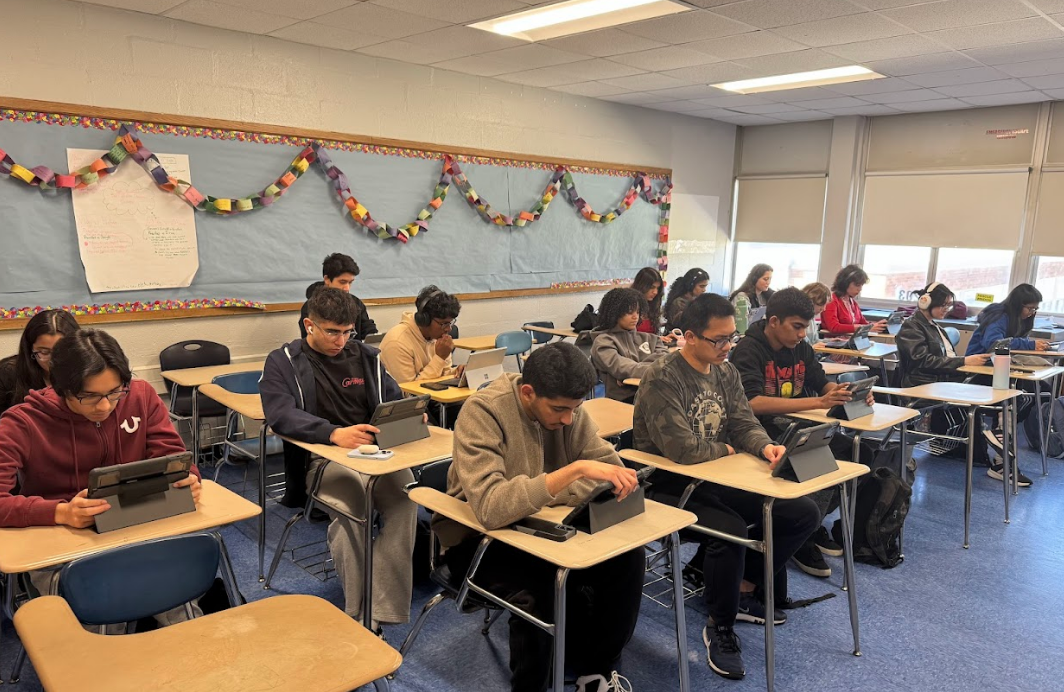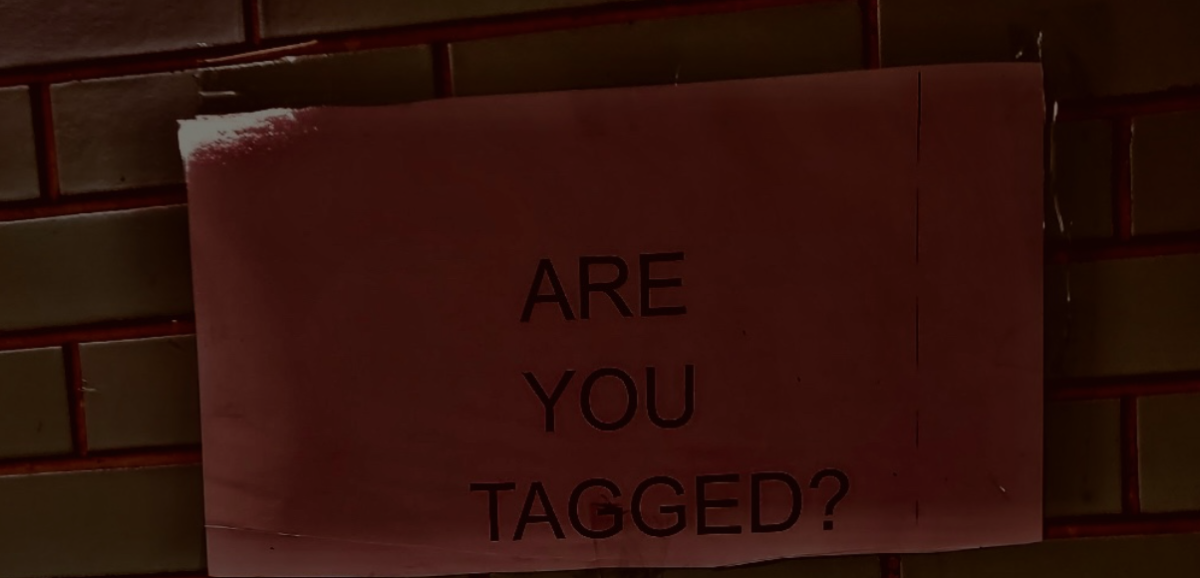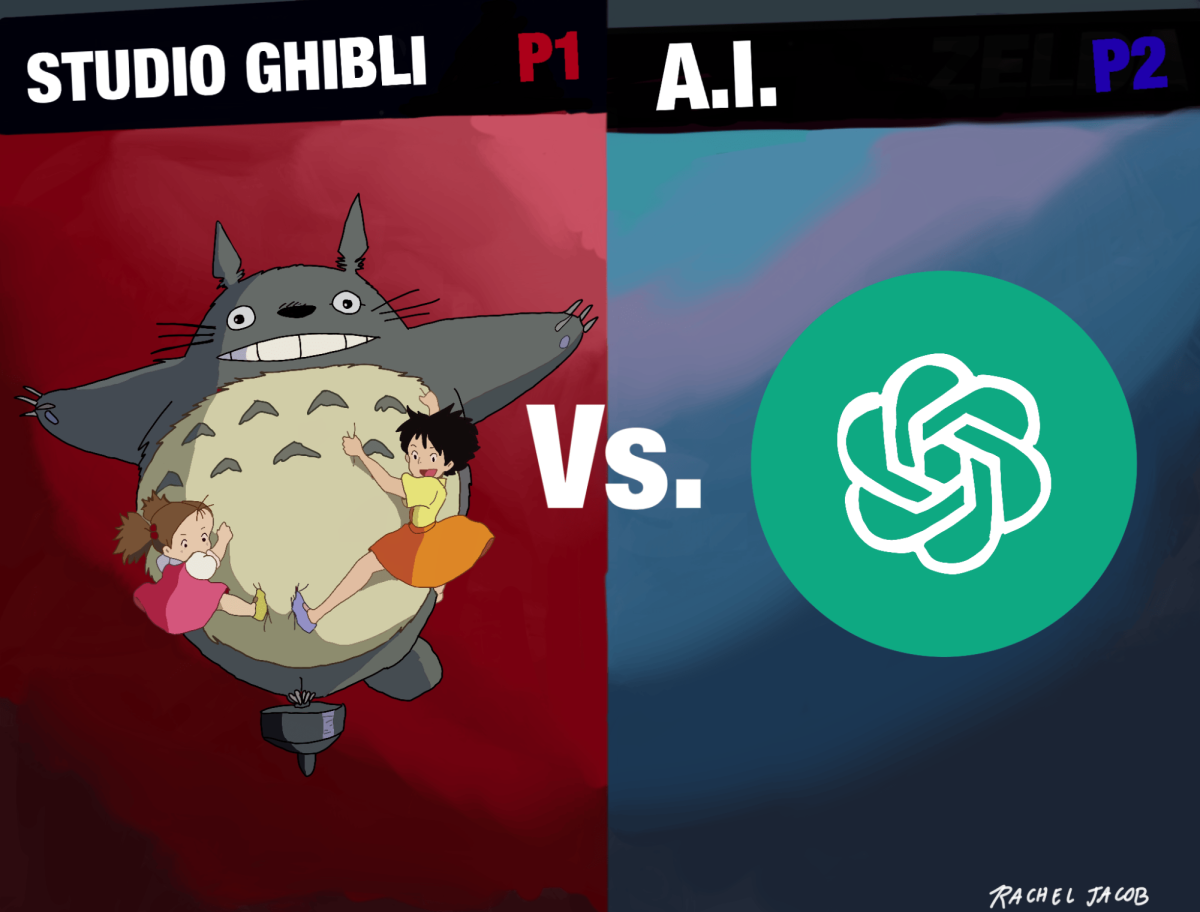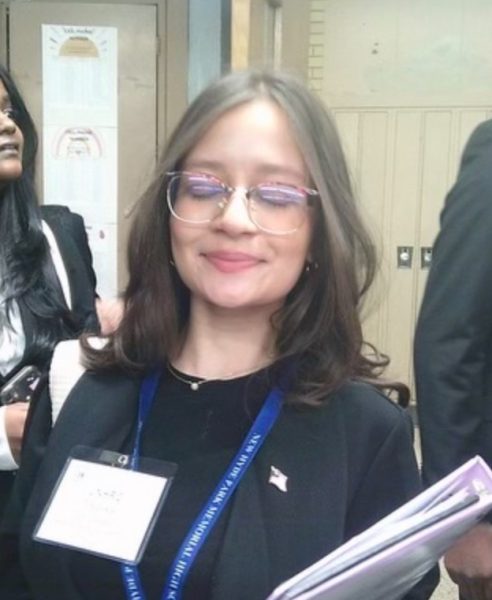“I think it’ll enhance the movie experience not only for the actors, but for the audience as well,” world language teacher Ms. Salcedo said. “For a viewer, it can only further enhance technologies in CGI-heavy movies like Planet of the Apes, Avatar and more. The issue with AI is that if we become too reliant on it, it can diminish the natural human effect in movies. We can always enhance things, but we can’t forget originality and what initiated things in the first place.”
In the area of artificial intelligence research, OpenAI has quickly risen to the forefront of innovation through the release of ChatGPT, a popular generative chatbot. This February, the company unveiled its newest technology: Sora AI. Sora is a pioneering software in video generation, and is set to radically alter the creation of visual content.
Years of thorough research and development have culminated in the creation of Sora. This marks a significant achievement within artificial intelligence. Utilizing advanced techniques in machine learning, this software can create highly realistic videos from simple text descriptions. Many of these videos are nearly indistinguishable from real footage according to most consumers. Sora makes it possible to visually represent human input unlike any previous technology.
“I think it can be helpful because it will be able to make more realistic and relatable videos that more people can enjoy,” junior Armaan Ghai said. “On the other hand, it can also be dangerous because you wouldn’t be able to tell the difference between a real video and an AI-generated one.”
The realism of Sora AI, despite its innovation, is raising some concerns. In particular, speculations have been raised about the use of Sora to further advance deepfake content. If Sora continues to develop and become more widespread among the public, it is possible that believable synthetic content is created to spread false information about government officials. This presents a threat to democracy itself, and may undermine the way information is currently verified. With technology as advanced as Sora, in conjunction with realistic image creation through models like DALL-E, the lines between reality and synthetic visual content may begin to blur.
“Sora AI can definitely help improve the quality of video creation overall,” junior Ayden Truong said. “Although, it can be frightening due to the fact that humans gradually evolved to believe what we see instead of hear. We were used to the spread of misinformation through lies, but now misinformation is being spread through real video.”
The launch of Sora AI has also sparked numerous conversations regarding how it may affect the entertainment sector. Generative video creation tools like Sora may provide for those in film-making content creation and the broader studio environment to make their production methods more efficient. According to various animators and filmmakers, arduous processes like storyboarding and concept art may completely become redundant if automatic video generation becomes more advanced.
Although Sora may have clear benefits to film studios, the potential impacts on employees and independent filmmakers seem far less optimistic. OpenAI’s new software is not the first AI technology to have impacts on the entertainment industry; AI has widespread use in films today, including in sound design and scriptwriting, and was a major point of contention for the SAG-AFTRA strikes from actors for Hollywood studios. With the introduction of Sora as a tool for studios, the potential for AI tools to automate human tasks in filmmaking is estimated to affect well over 200,000 jobs nationwide.
Among NHP students and faculty, there is mixed feedback on the use of AI video creation in movies and TV. From the perspective of a viewer, using Sora presents both benefits and drawbacks.



